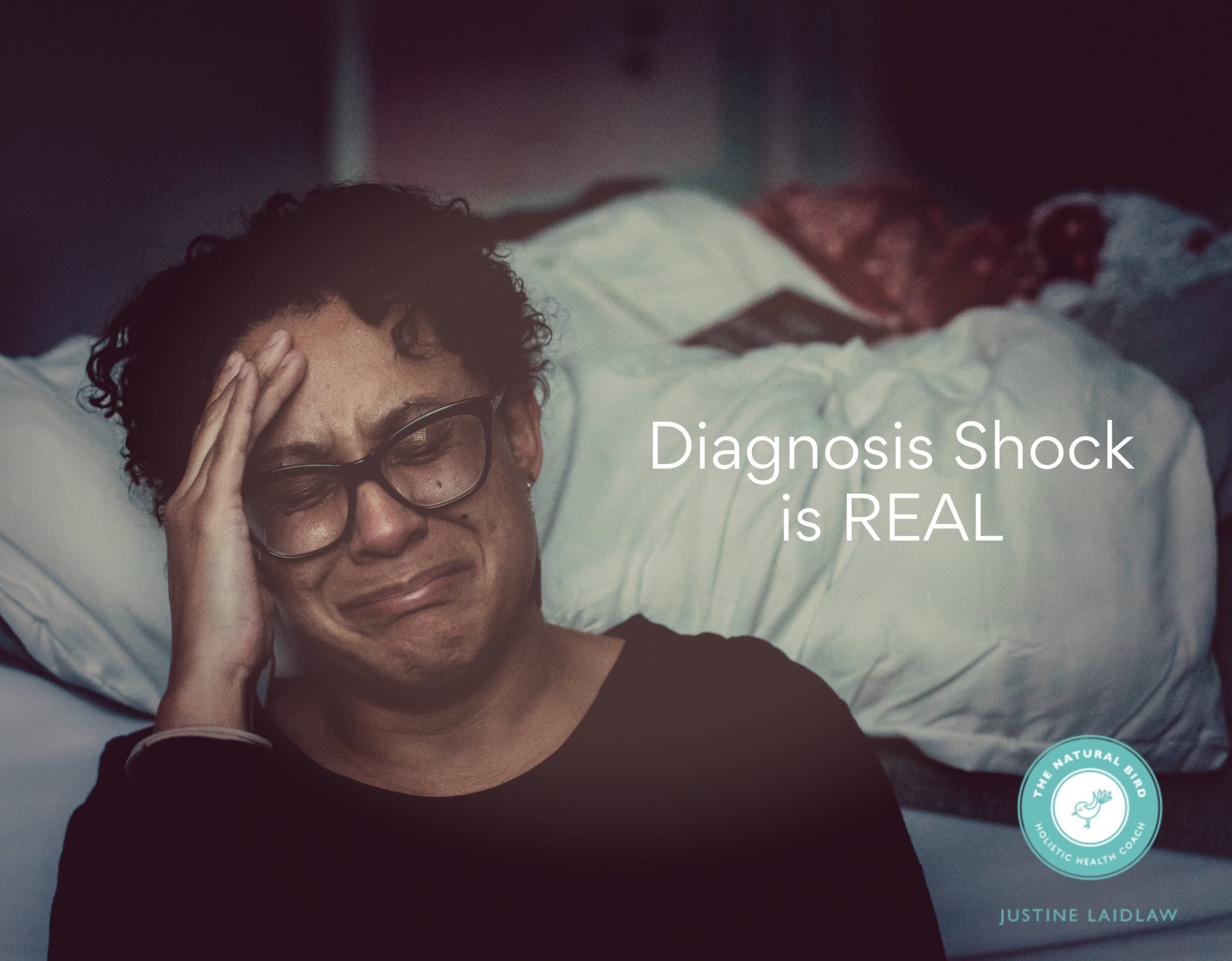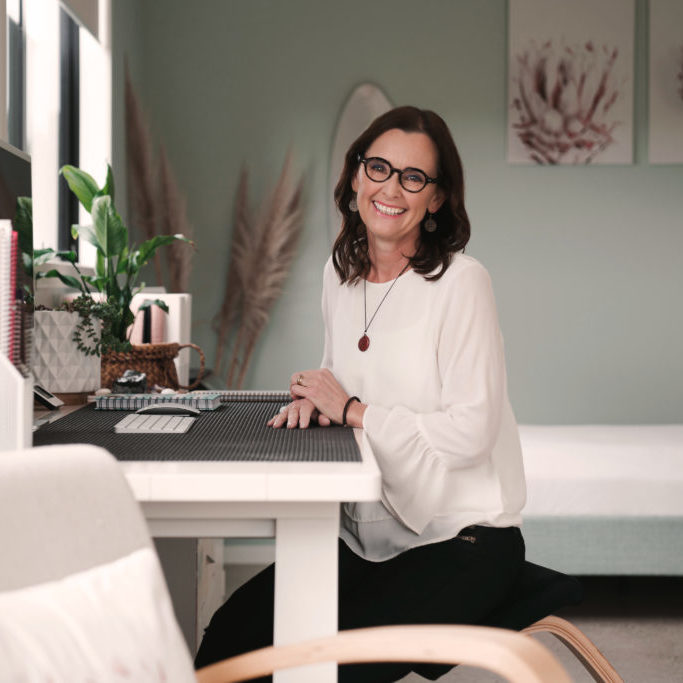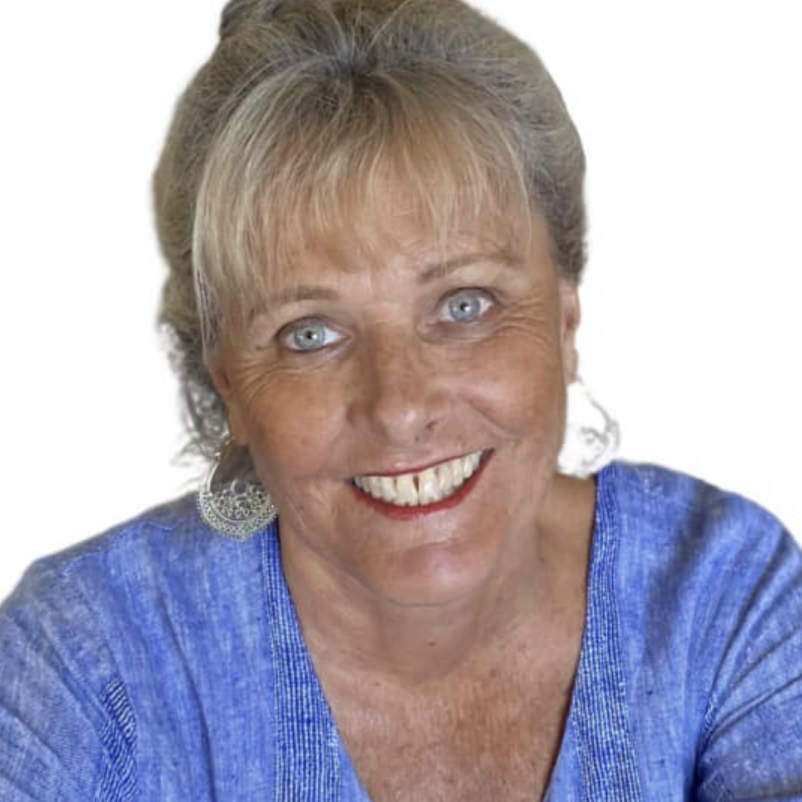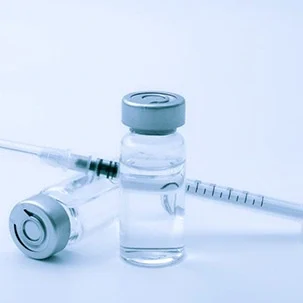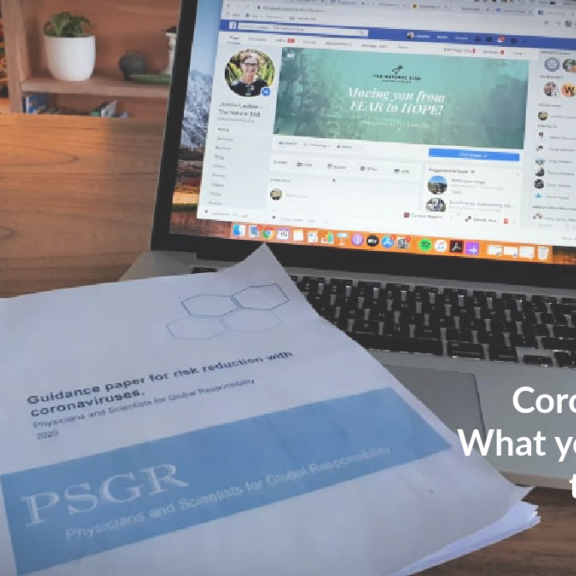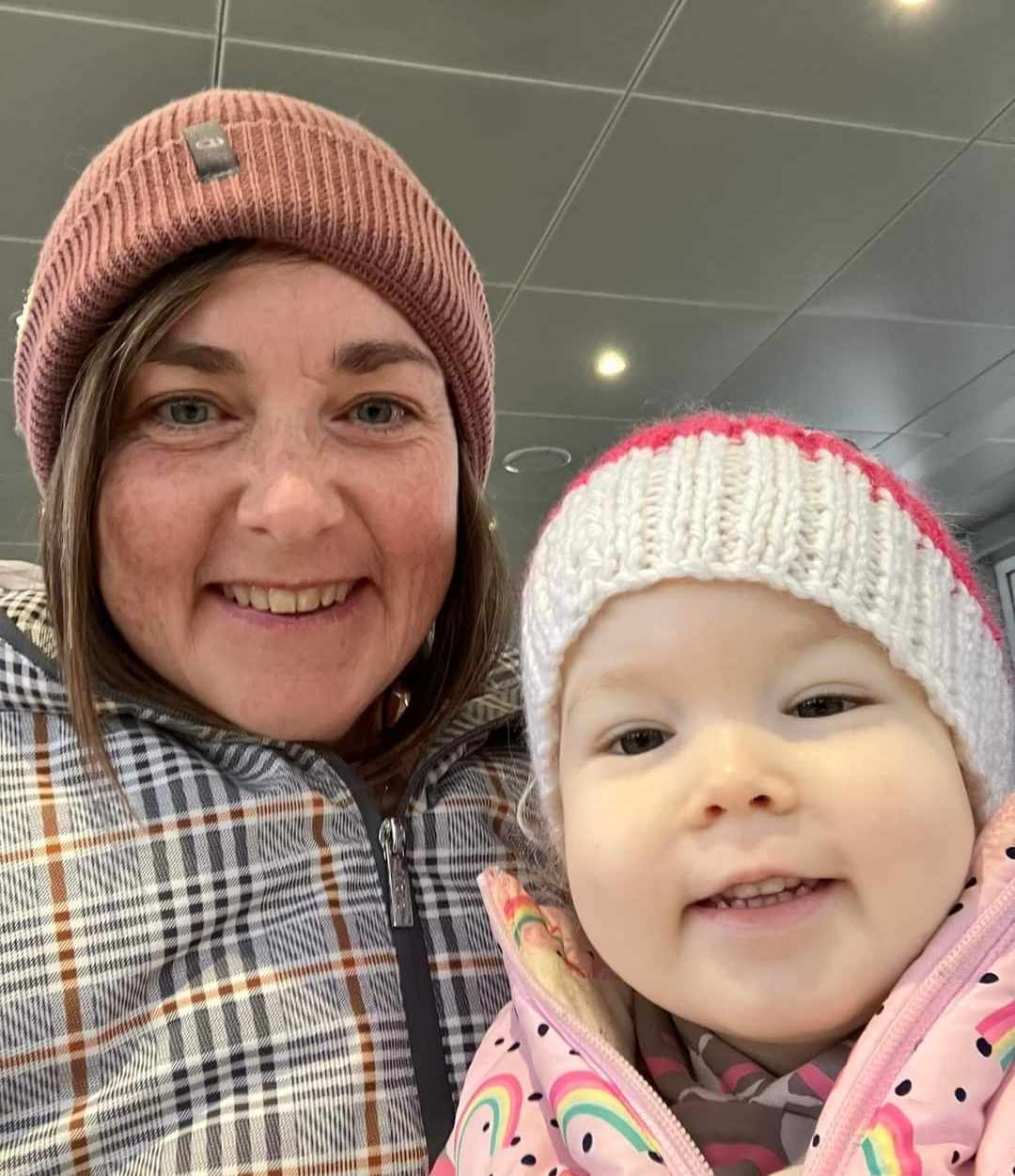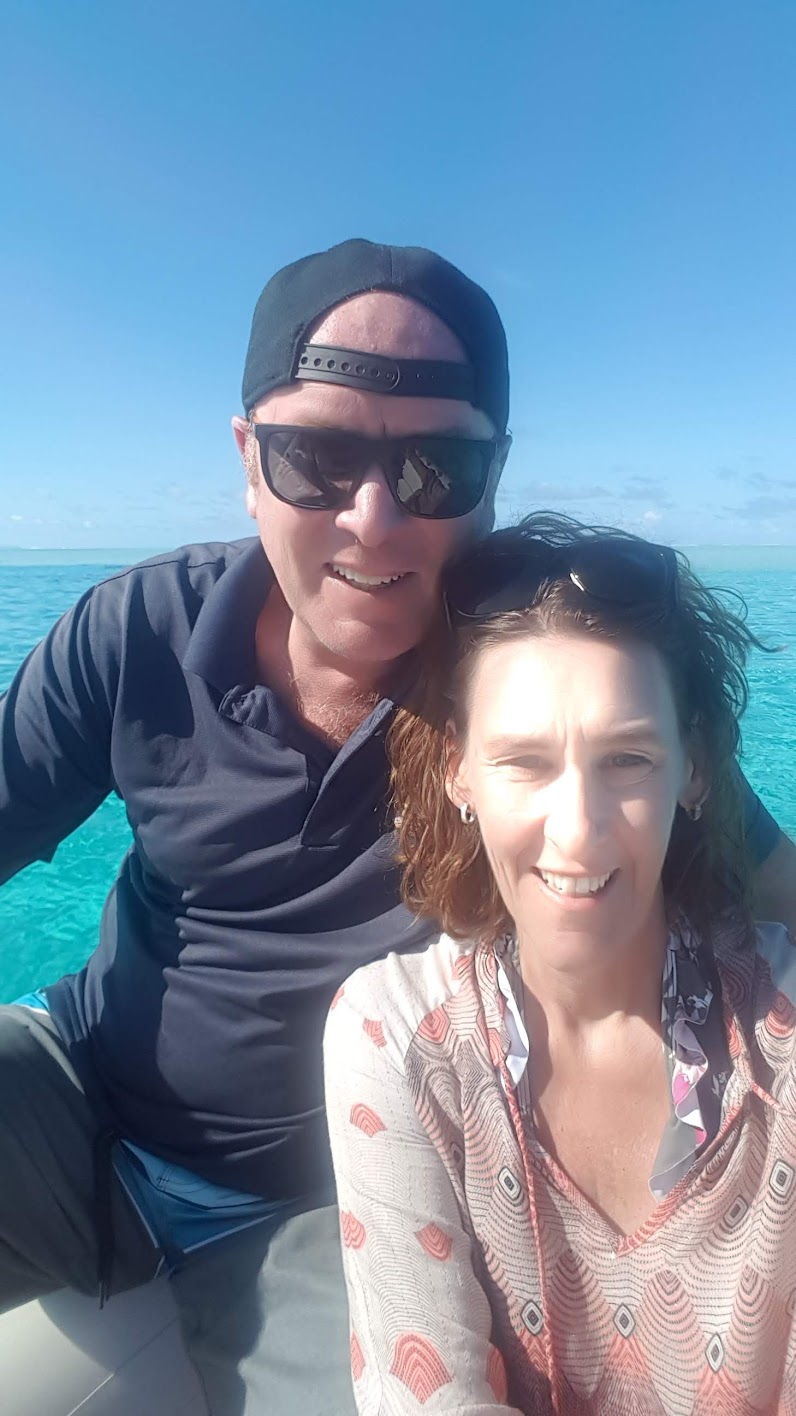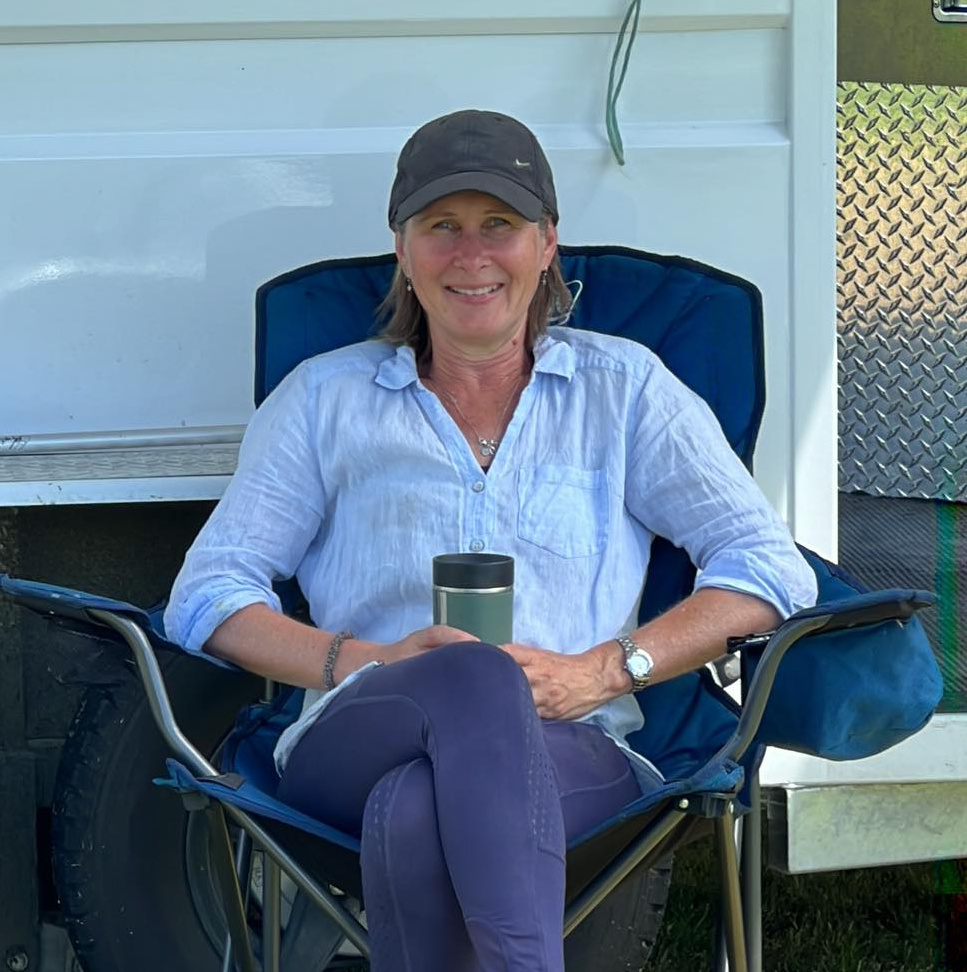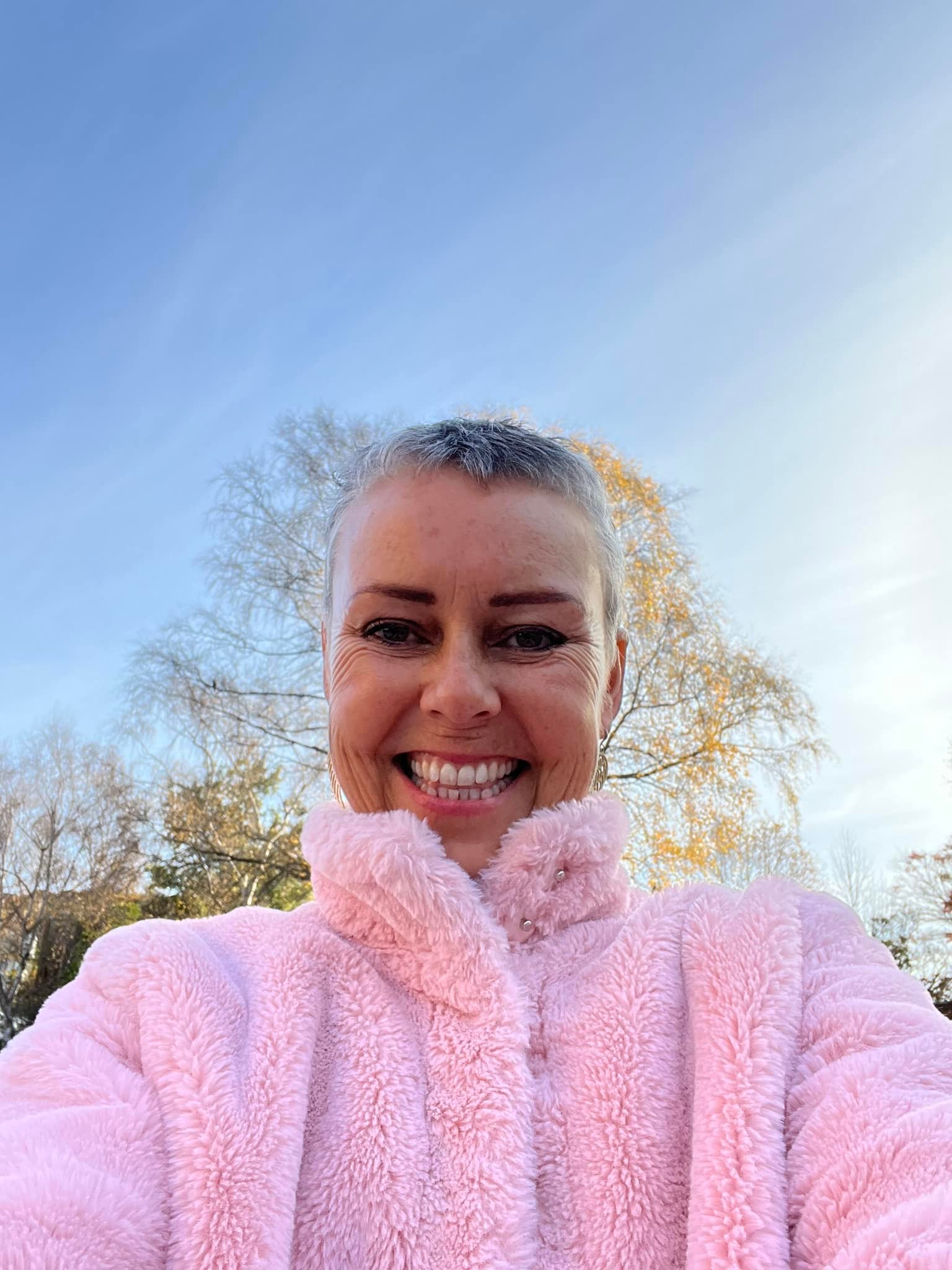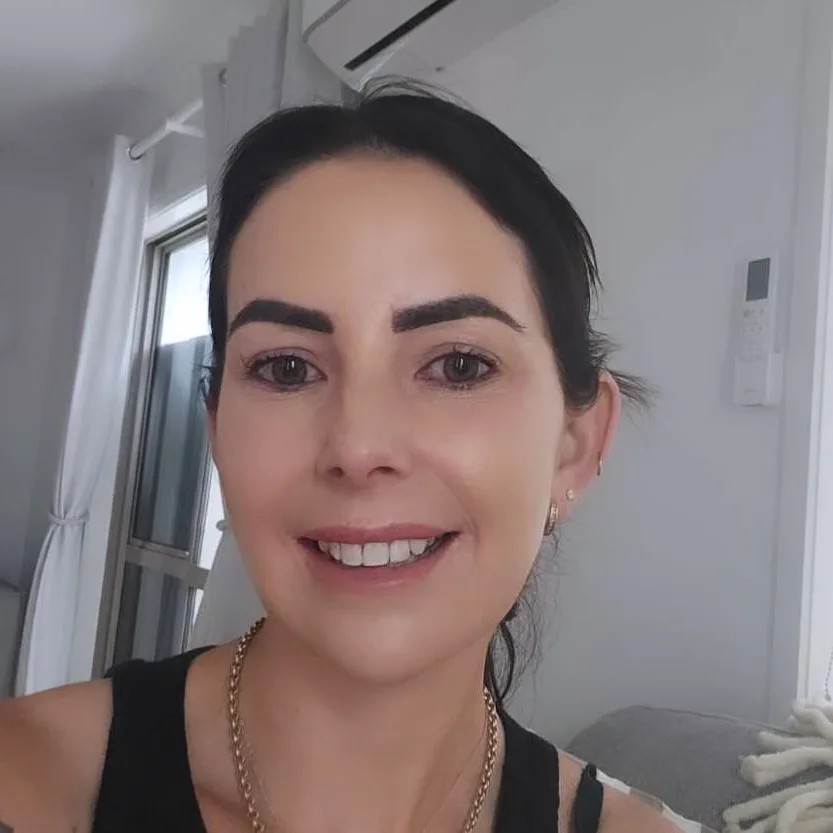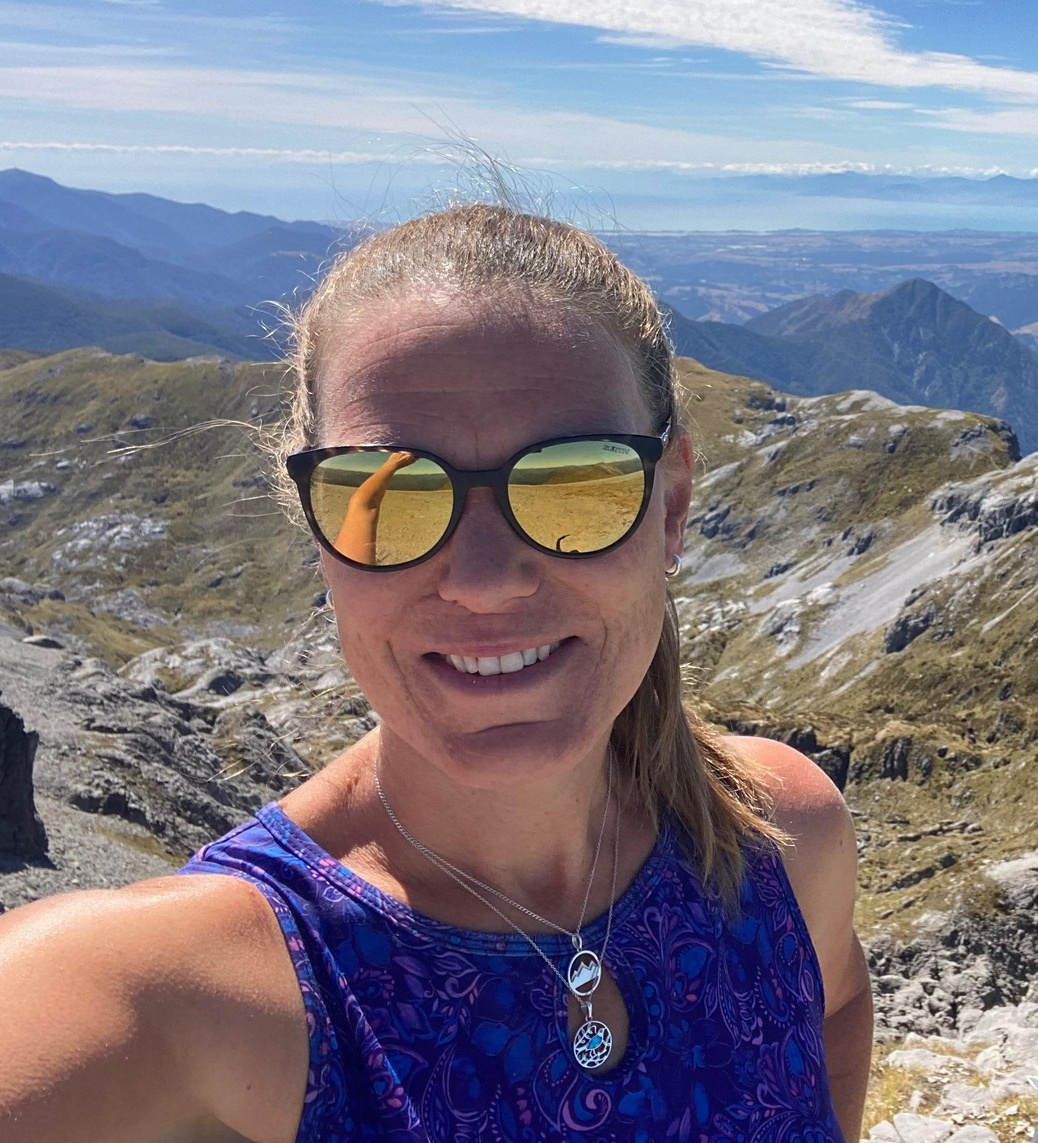You Need To Know This To Overcome Cancer
Something BIG happens when someone receives a cancer diagnosis and I like to call this emotional SHOCK.
Although we are mostly not aware of this, it triggers a cascade of powerful thoughts. One of most crucial steps in beginning to reverse cancer and start the journey back to health is to understand this cascade and to quickly bring it to a halt. Shock can be with us for 8 to 12 weeks, and it’s my belief that this is when our physical health may well escalate from the shock of the way the news is delivered to us.
Let’s use a real-life example to explain this:
Quite a while ago I went with one of my local clients to a follow-up oncology appointment. My client, who I shall call “Mary” had not been feeling well at all after her chemo. The appointment was to hear the results of a recent scan. I always take really good notes at appointments such as this one, so the following is nearly word-for-word:
Oncologist: “I’m sorry to have to tell you this, but your cancer is not responding to the current treatment. The tumours in your liver have doubled in size and unfortunately it is serious.”
Mary: “What does that mean? Am I going to die?”
Oncologist: “Well, it is serious. We have to start a new treatment right away. There is no time to lose. We can do the blood work and check your heart to see if you can survive the treatment option we have. We can do this today. If the tests come back OK we can start treatment tomorrow.”
Mary: “Oh my God! How can this be? I know I have not been feeling well after the last chemo, but I had no idea it was anything this serious.”
Oncologist: “I’m sorry, but sometimes the treatments don’t respond with how we expect them too. Are we ready to go get started on those tests? There really is no time to lose.”
Mary: “What are my chances with this new treatment? You still did not answer my question. Am I going to die from this cancer?”
Oncologist: “Honestly, I don’t know. We will do everything we can to save you and get you well.”
Mary, clearly panicked now: “How long have I got? How much time?”
Oncologist: “I don’t really know. This is a very serious cancer. You might have anywhere from 3-6 months. No one can say for sure.”
As she heard the oncologists words I could literally see much of Mary’s vibrancy leave her body. It was like watching the life leaking from many tiny holes all throughout her body. I stopped the conversation for a moment and had her just take a couple of deep, slow breaths with me. (Emotional first aid.) There is no need to recount more details from that appointment.
Clearly, Mary had walked into the oncologists’s office, not feeling great, and with understandable apprehension. She knew it was possible that the cancer had returned. Who would not be frightened?
Before the appointment, despite not looking particularly well, she did not look like a person who was dying. After the appointment she did. Mary looked like someone who had just received a death sentence. Her breathing had gotten shallow. I could see beads of sweat on her forehead and she complained of feeling cold. She even stumbled several times as we left the hospital building. I had to grab her arm several times to keep her from falling.
Let’s take a closer look at what happened.
When Mary heard the doctor say her tumours have doubled in size and she was probably going to die, it is understandable that she felt devastated. Of course, she felt an onslaught of fear. But there are some important physiological changes that happened, as well. Research confirms that there is a strong connection between the vibrancy of the immune system and the emotional state.
A well coined term “Diagnosis Shock” is what happens when our unconscious minds believe we are dying and that it is time to “throw in the towel.” The unconscious mind believes that the situation is hopeless, that there is no point in resisting what is imminent, and that the time has come to accept what is to come – death. It literally changes the biochemistry of the body and the neurological signalling of the body to prepare for death.
Here’s how this relates specifically to cancer: By far, the most important requirement for overcoming any cancer is a strong immune system. As long as person is in a state of diagnosis shock, their immune system will be anything but strong.
So the first thing to do immediately after receiving any serious diagnosis, especially a cancer diagnosis, is to reverse the diagnosis shock. It is safe to assume that diagnosis shock is always present following such a diagnosis. So here is what happened with Mary: She mumbled to the oncologist that she had to think about it and that she would let him know the next day what she wanted to do. I backed this up with saying I think Mary needs at least 3 days to process this information, however I knew we need much more time than 3 days for our thought process to clear on what we need to do for ourselves. Clearly, the oncologist was not pleased. He wanted to begin the strongest possible treatment right away. But Mary had reservations. After all, the oncologist told her that her situation was quite hopeless.
Instead, she asked me to get her out of there. As soon as we left the hospital, I began working with her to discharge and reverse the diagnosis shock. I did some of this using rational thinking. I asked Mary to describe how her body felt before the appointment. I asked her to describe how her body felt after the appointment. Clearly, there was an enormous contrast.
Next, I asked Mary if she thought it was even remotely possible that the cancer had advanced sufficiently to explain for how much worse she felt in just the short time we spent in the oncologist’s office. Obviously, that was not possible. We talked about cancers and how they grow. I shared with Mary that in most cases, tumour forming cancers grow slowly at first and that almost certainly her primary cancer had been growing and developing for at least the past few years before it produced any symptoms and became anything that could even be diagnosed. The treatments may well have suppressed her immune system and allowed the secondary tumours to esculate.
We concentrated on her breathing, and some (EFT) Emotional Freedom Technique’s for shifting unconscious beliefs to help her discharge and recover from the diagnosis shock. This was the first major step in her recovery.
After 3 weeks had passed by Mary decided to decline all conventional treatment and instead take advantage of other health focused treatments & services available. Over the next 18 months, I guided her through a support program to help rebuild her immune system and correct the other factors that had allowed the cancer to grow and thrive in her body. Although her program was specific to her and her needs, it followed the same core principles I have use to help my clients heal their own imbalances in life. To make a long story short, 18 months later Mary is stable with her cancer. (Although she declined conventional treatment, I encouraged her to utilise conventional diagnostics so that we could track her progress.)
Mary is feeling healthier than she has in years. Further, all measurable cancer risk factors were dramatically decreased. She remains in good spirits and is optimistic about enjoying many years of healthy life to come.
Conclusion:
To me, having encountered and observed diagnosis shock over and over again throughout the last few years I have been doing this work, the phenomena of diagnosis shock is obvious. Further, the effects of it are obvious. Ignored, it can be deadly and has the potential to turn an otherwise recoverable case into a terminal case. This is especially true in cancers, where a vibrant and strong immune system is so crucial to recovery.
Yet, conventional medicine still all but ignores diagnosis shock. In fact, if you google diagnosis shock you will find tons of articles and posts on how to detect and deal with physical shock, as in trauma care, but nothing on diagnosis shock. This is despite the fact that real research confirms that both are potentially deadly.
I believe this is one of the most crucial steps to overcoming cancer. I believe that these measures to discharge diagnosis shock should be among the first employed following any cancer diagnosis. Sadly our current medical system does not acknowledge just how important this aspect is to healing.
I’m sure this important factor that is so often ignored will generate some interesting comments and questions. I look forward to a stimulating conversation.
You can contact me for FREE 15-Minute phone consultation to see if I can help support you or your loved one today!
Justine

